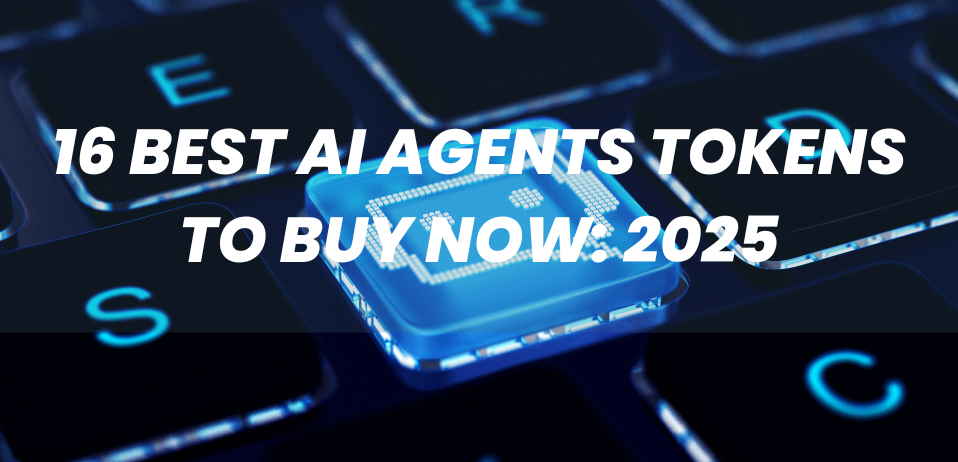At NFT Droppers, we provide the latest crypto news, in-depth project information, and comprehensive market insights. Launched in 2022, our platform covers new token launches, market trends, and detailed reviews of crypto and NFT projects. We offer reliable ratings based on 70+ evaluation factors, including tokenomics, roadmaps, and team authenticity. Whether you’re an investor or a crypto enthusiast, NFT Droppers keeps you informed with accurate, up-to-date information and expert analysis.
Bitcoin Wallets: Key to Institutional Adoption and Security

Table of Contents
Institutional adoption has emerged as a critical factor in driving mainstream acceptance and legitimacy. While retail investors have been early adopters of digital assets, the entry of institutional players, such as financial institutions, corporations, and investment funds, has the potential to catalyze a paradigm shift in the industry. In this context, Bitcoin wallets have emerged as a pivotal component that could hold the key to unlocking institutional adoption.
Addressing Security and Compliance Concerns
One of the primary barriers to institutional adoption of cryptocurrencies has been the perceived security risks and regulatory uncertainties surrounding digital assets. Bitcoin wallets, particularly those designed for institutional use, are well-positioned to address these concerns through robust security features and compliance measures.
Institutional-grade Bitcoin wallets employ advanced encryption techniques, multi-signature authentication, and secure key management protocols to safeguard assets from unauthorized access, theft, and cyber threats. Additionally, these wallets often incorporate robust Know Your Customer (KYC) and Anti-Money Laundering (AML) measures, ensuring compliance with relevant regulations and mitigating the risks associated with illicit financial activities.
Facilitating Seamless Asset Management
For institutional investors and asset managers, the ability to efficiently manage and transact with digital assets is crucial. Bitcoin wallets designed for institutional use offer a comprehensive suite of tools and features tailored to the needs of professional investors and fund managers.
These wallets enable seamless integration with existing portfolio management systems, allowing for real-time tracking, reporting, and analysis of cryptocurrency holdings. Furthermore, they often support advanced trading capabilities, such as smart order routing and algorithmic execution, enabling institutional players to optimize their trading strategies and maximize returns.
Bridging the Gap Between Traditional Finance and Cryptocurrencies
As traditional financial institutions explore opportunities in the cryptocurrency space, the need for seamless integration and interoperability becomes paramount. Bitcoin wallet can serve as a bridge between the traditional finance world and the emerging cryptocurrency ecosystem, facilitating the efficient transfer and settlement of digital assets.
By supporting integration with existing financial infrastructures, such as banking systems and payment networks, Bitcoin wallets can enable institutions to leverage their existing processes and systems while gaining exposure to the digital asset market. This interoperability not only enhances operational efficiency but also reduces the barriers to entry for institutional players, fostering a more inclusive and interconnected financial landscape.
Custodial Solutions and Asset Protection
For institutional investors managing large portfolios, secure custody and asset protection are of paramount importance. Specialized Bitcoin wallet providers have emerged, offering custodial solutions tailored to the needs of institutional clients.
These custodial services often employ advanced security measures, such as cold storage solutions, multi-signature authentication, and insurance coverage, providing institutions with an added layer of protection and peace of mind when it comes to safeguarding their digital assets.
Regulatory Oversight and Governance
As regulatory bodies around the world continue to develop frameworks and guidelines for the cryptocurrency industry, Bitcoin wallet providers catering to institutional clients must prioritize compliance and governance. By adhering to industry standards, implementing robust risk management processes, and fostering transparency, these providers can instill confidence in institutional investors and facilitate a more structured and regulated environment for digital asset adoption.
Conclusion
In the world of cryptocurrencies, Bitcoin wallets have emerged as a potential catalyst for institutional adoption. By addressing key concerns around security, compliance, asset management, and custodial solutions, these wallets offer a robust and trusted infrastructure that can bridge the gap between traditional finance and the digital asset space.
As institutional players seek to capitalize on the growth and potential of cryptocurrencies, the availability of institutional-grade Bitcoin wallets that prioritize security, regulatory compliance, and seamless integration with existing systems will be instrumental in facilitating their entry into this burgeoning market.
While challenges and uncertainties remain, the continued development and adoption of institutional-focused Bitcoin wallets could pave the way for a more mature and regulated cryptocurrency ecosystem, fostering greater mainstream acceptance and unlocking new avenues for growth and innovation in the digital asset industry.

Disclaimer: The information presented here may express the authors personal views and is based on prevailing market conditions. Please perform your own due diligence before investing in cryptocurrencies. Neither the author nor the publication holds responsibility for any financial losses sustained.
Top Crypto Presales
 Ionix Chain $IONX
Ionix Chain $IONXBEST CRYPTO CASINO
TOP EXCHANGES
CRYPTO PAYMENT GATEWAY
 Crypto Cloud
Crypto CloudBEST HARDWARE WALLET
 Tangem
Tangem Gamdom
Gamdom Stake.com
Stake.com Coins.Game Casino
Coins.Game Casino








